Pilot Badge, by Jmme
CATEGORY: Version
SKU: 01.GTR.0701.101.06.000
Estimated market value:
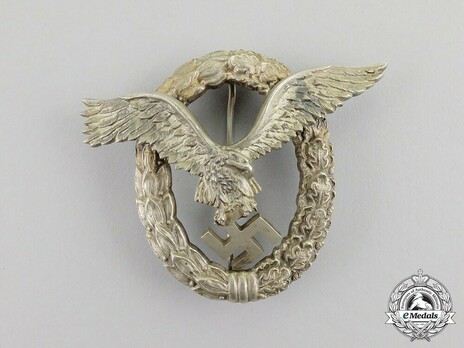
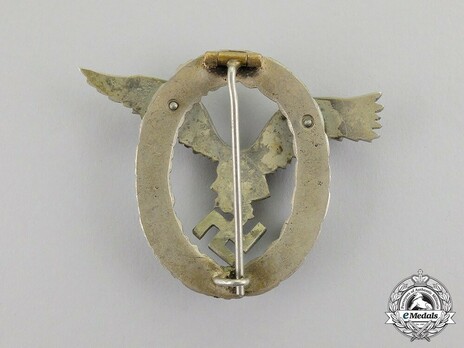
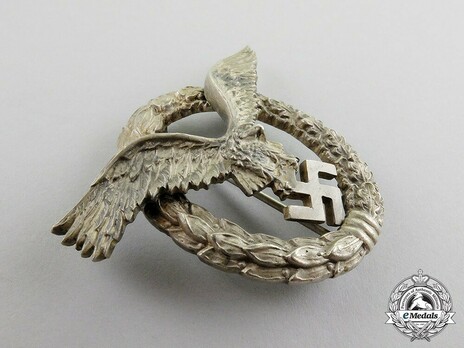
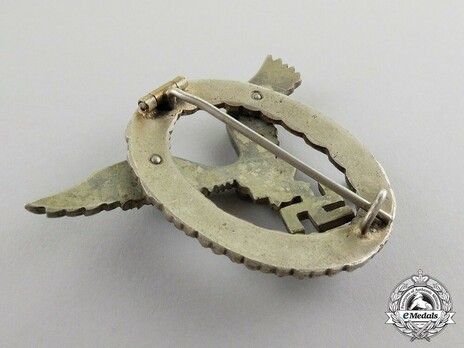
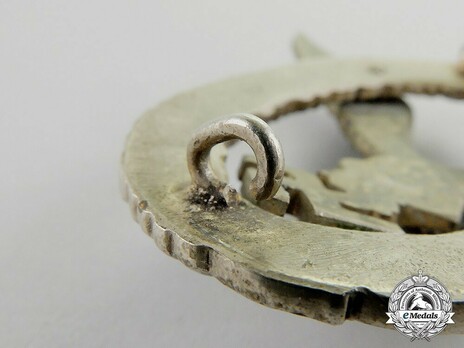
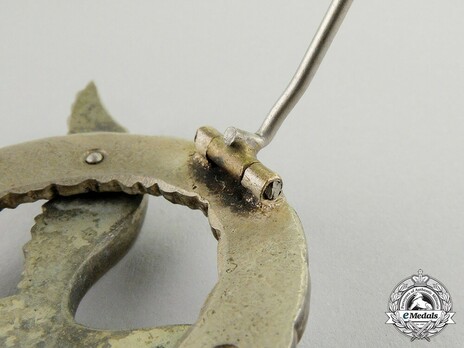

Estimated market value:
A fine early second war quality example Luftwaffe “Pilotenabzeichen”; two-piece construction of nickel-silver; oval wreath with laurel leaves towards the left side, and oak leaves towards the right side of the wreath, separated by three small ribbon-like loops on the bottom, with a large silvered eagle with spread-out wings superimposed on the badge, clutching a swastika in its talons; two rivets on the reverse - the eagle slightly loose; vertical needle style pinback (dull point), with a barrel hinge and a round wire catch; maker marked “JMME” for “JMME & Sohn, Berlin” on the reverse of the eagle; measuring 66.00 mm (w) x 52.93 mm (h); weighing 43.3 grams; with light greenish oxidation on the badge from age; in overall extremely fine condition. A seldomly encountered example by this maker.
The Pilot's Badge was officially introduced by Hermann Göring on August 12th, 1935, and it was conferred upon all active military personnel who completed their flying training and were awarded a military pilot’s license.
The establishment of the Badge is often cited as March 26th, 1936, but in actuality, it was first referenced on May 27th, 1935, in the official orders of the Luftwaffe (Luftwaffe Verordnungsblatt). As stated above, it was likely instituted around August 12th, 1935, and its regulations were first published on November 27th, 1935.
In 1935, a cloth version was produced and authorised for wear of light jackets. The Badge for Officers was produced from bullion, while the Badge for Non-Commissioned Officers and enlisted men was produced from cotton thread.
The last recorded conferral of the award was on May 2nd, 1944.
All badges feature a solid mass between the legs of the eagle, however, a few original examples were manufactured with an open space between the eagle’s legs. This variation should strictly be considered a production variation.
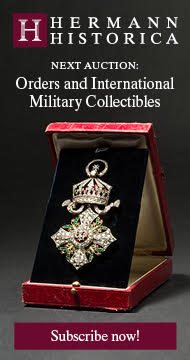
Comments
Sign in to comment and reply.
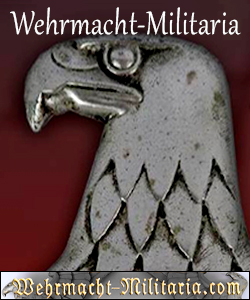
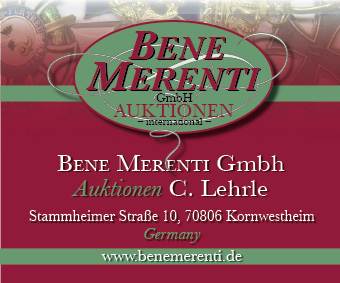
Scroll Top